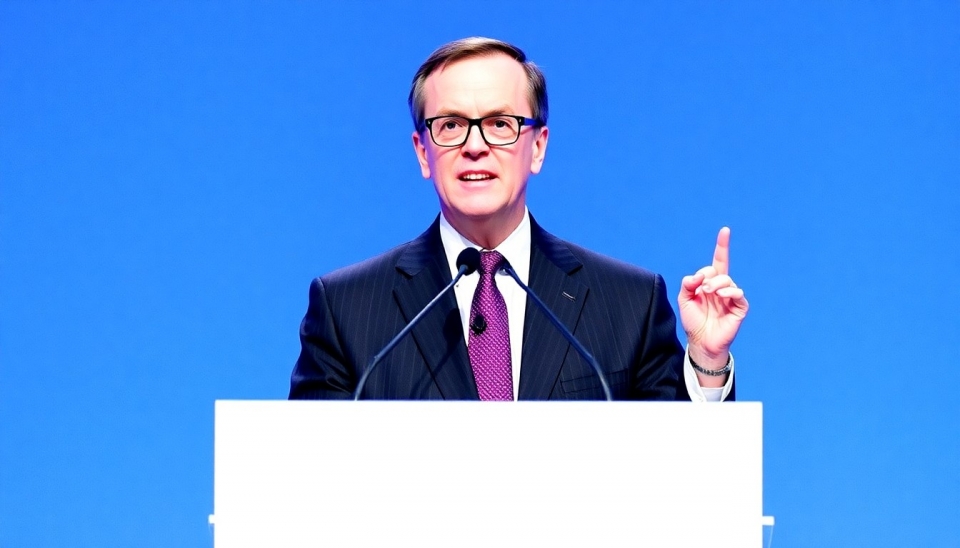
As the global debate over big tech's influence intensifies, European leaders are gearing up for a potential clash with the incoming Trump administration regarding regulations on major technology firms. This upcoming confrontation is fueled by deep-seated concerns over data privacy, monopolistic practices, and market fairness, which European governments deem essential for protecting their citizens and economies.
Under the current pressures and scrutiny, Europe has taken bold steps to impose stringent regulations on technology giants such as Google, Facebook, and Amazon. These new measures are primarily aimed at curtailing the overwhelming dominance these companies have in the digital marketplace, ensuring that competition remains fair and that consumers’ data is safeguarded against exploitation.
With Donald Trump's anticipated return to the White House, many in Europe are bracing themselves for a shift in the U.S. approach to technology regulation. Trump’s notably pro-business stance during his previous presidency suggested a lack of appetite for strict regulatory frameworks, especially those aimed at American tech firms. This outlook stands in stark contrast to Europe’s proactive stance on tightening regulations to govern digital giants, raising the stakes for transatlantic relations.
Experts highlight that a significant collision could arise from contrasting philosophies—while Europe is pushing for heightened accountability and transparency within the tech space, Trump's administration may advocate for deregulation and support for American companies facing these hurdles. This ideological dissonance could lead to tensions, as Europe enacts and enforces its regulatory frameworks despite pushback from the U.S.
The EU's Digital Markets Act (DMA) is a cornerstone of these regulatory efforts, aiming to create a level playing field among tech companies and ensure that larger firms do not engage in anti-competitive behavior that stifles innovation. Moreover, the EU's General Data Protection Regulation (GDPR) remains a benchmark for data protection globally, reflecting Europe’s commitment to enforcing strict standards regarding user privacy.
In anticipation of these developments, tech companies are caught in a web of complex regulations that not only require compliance with European laws but also navigate the complexities of U.S. policies, potentially leading to costly and complicated legal battles. Analysts predict that without alignment between the two powers on tech regulations, businesses could face unprecedented operational challenges.
The stakes are high as both sides juggle their priorities—a fragmented regulatory environment benefits no one and could stifle innovation across borders. As the political landscape evolves, the tech industry, policymakers, and global markets will be watching closely to see how Europe and the new U.S. administration engage on these critical issues in the coming months.
In summary, Europe's aggressive stance on regulating big tech is set to collide with the Trump administration's philosophy, paving the way for significant tensions. The outcome could have far-reaching implications not just for companies caught in regulatory crosshairs, but also for the broader geopolitical landscape.
#Europe #Trump #BigTech #Regulation #DigitalMarketsAct #GDPR #TechPolicy #TransatlanticRelations
Author: Emily Collins




